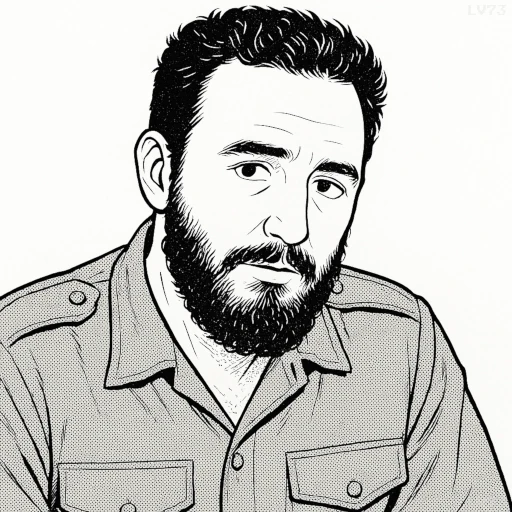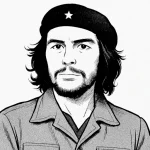“England was the first true colonial power to use its dominion over a large part of Africa, the Middle East, Asia, Australia, North America, and many Caribbean islands, in the first half of the 20th century.”

- August 13, 1926 – November 25, 2016
- Cuban
- Revolutionary, Prime Minister and President of Cuba, Communist Leader
table of contents
Quote
“England was the first true colonial power to use its dominion over a large part of Africa, the Middle East, Asia, Australia, North America, and many Caribbean islands, in the first half of the 20th century.”
Explanation
This quote highlights Fidel Castro’s critique of British imperialism, identifying England as the prototypical modern colonial power whose vast global empire shaped the political and economic order of the modern world. By stating that England “was the first true colonial power,” Castro is referring to the scale, systematization, and strategic use of colonization—exercising control over regions across Africa, Asia, the Middle East, the Americas, and Oceania. His focus on the first half of the 20th century emphasizes the period when the British Empire was at its territorial and administrative peak.
Historically, Britain’s global empire was not only vast, but deeply influential in establishing models of economic exploitation, cultural dominance, and political control. From India and Egypt to Nigeria and Jamaica, British rule often involved resource extraction, suppression of local resistance, and the imposition of English legal, educational, and governance systems. Castro’s statement aligns with a broader anti-colonial and anti-imperialist worldview, shared by many postcolonial leaders, which interprets colonialism as a system of domination that enriched imperial centers at the expense of the colonized.
In the modern context, this quote serves as a reminder of the lasting legacy of colonialism, including economic disparity, political instability, and cultural disruption in formerly colonized nations. Castro’s critique challenges the romanticized narratives of empire and urges reflection on how colonial structures continue to influence global power dynamics. His words reinforce the idea that understanding colonial history is essential to understanding present-day inequalities and struggles for justice and self-determination.
Would you like to share your impressions or related stories about this quote in the comments section?



